Buy Tykerb : Lapatinib 250 Mg Tablet 30’S Online
$199.58
Brand Name : Tykerb
Composition : Lapatinib
Manufactured by : Novartis India Ltd.
Strength : 250 mg
Form : Tablets
Packing : Pack of 30 Tablets
Prescription Required *
Tykerb, also known as Lapatinib 250 Mg Tablet 30’S, is a medication used for the treatment of HER2-positive breast cancer in patients who have previously received at least one other chemotherapy regimen. It is an oral tyrosine kinase inhibitor that targets the HER2 protein, which is overexpressed in some breast cancer cells.
Composition:
Tykerb 250 Mg Tablet 30’S contains 250mg of Lapatinib as an active ingredient.
Uses:
Tykerb 250 Mg Tablet 30’S is indicated for the treatment of HER2-positive breast cancer in patients who have previously received at least one other chemotherapy regimen. It is usually used in combination with other cancer medications, such as aromatase inhibitors or cytotoxic agents, as part of a multimodal treatment approach.
Usage and Dosage:
Tykerb 250 Mg Tablet 30’S should be prescribed and administered by a qualified healthcare professional. The medication is taken orally, with or without food, twice a day. The dosage depends on the patient’s body weight, renal function, and concurrent medications. Dose adjustments may be necessary in patients with hepatic or renal impairment.
Storage Conditions:
Tykerb 250 Mg Tablet 30’S should be stored at room temperature away from heat, light, and moisture. The medication should be kept in its original container until use, and the container should be tightly closed.
Mechanism of Action:
Tykerb is a dual tyrosine kinase inhibitor that targets both the epidermal growth factor receptor (EGFR) and the HER2 protein. By blocking the activity of these proteins, Tykerb inhibits cell proliferation and induces cell death in HER2-positive breast cancer cells. Additionally, Tykerb has shown to exert activity against other tyrosine kinases, such as the platelet-derived growth factor receptor and the c-kit receptor.
Contraindications:
Tykerb is contraindicated in patients with a known hypersensitivity to lapatinib or any of the formulation’s ingredients. It should not be used in patients with severe hepatic or renal impairment. Tykerb should also be avoided in patients with a history of QT prolongation or cardiac dysfunction.
Interactions:
Tykerb may interact with several drugs, including strong CYP3A4 inhibitors (such as ketoconazole or erythromycin) and inducers (such as rifampin or St. John’s wort). The concomitant use of these drugs may increase or decrease Tykerb’s plasma concentration, leading to treatment failure or toxicity.
Side Effects:
The most common side effects of Tykerb 250 Mg Tablet 30’S are diarrhea, nausea, vomiting, fatigue, rash, and hepatotoxicity. Other possible adverse events include QT prolongation, cardiac dysfunction, and interstitial lung disease. Tykerb is also associated with an increased risk of arterial thrombosis and hepatotoxicity.
In conclusion, Tykerb 250 Mg Tablet 30’S is a potent and effective medication used for the treatment of HER2-positive breast cancer. It must be used with caution and under close medical supervision due to its potential interactions and side effects. The medication’s dose, duration, and administration should be individualized based on each patient’s medical history, concurrent medications, and laboratory values.
Be the first to review “Buy Tykerb : Lapatinib 250 Mg Tablet 30’S Online” Cancel reply
Related products
Anti Cancer
Anti Cancer
Anti Cancer



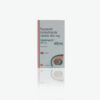
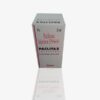

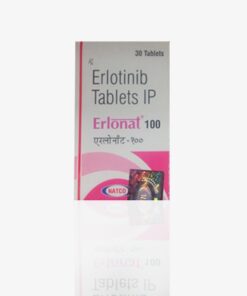
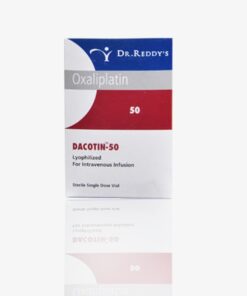
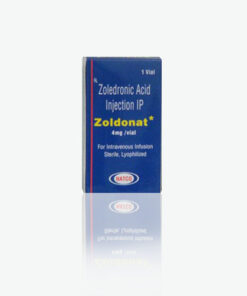
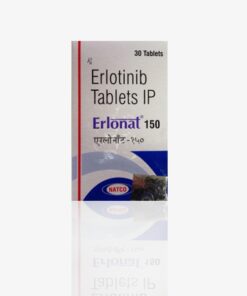



Reviews
There are no reviews yet.